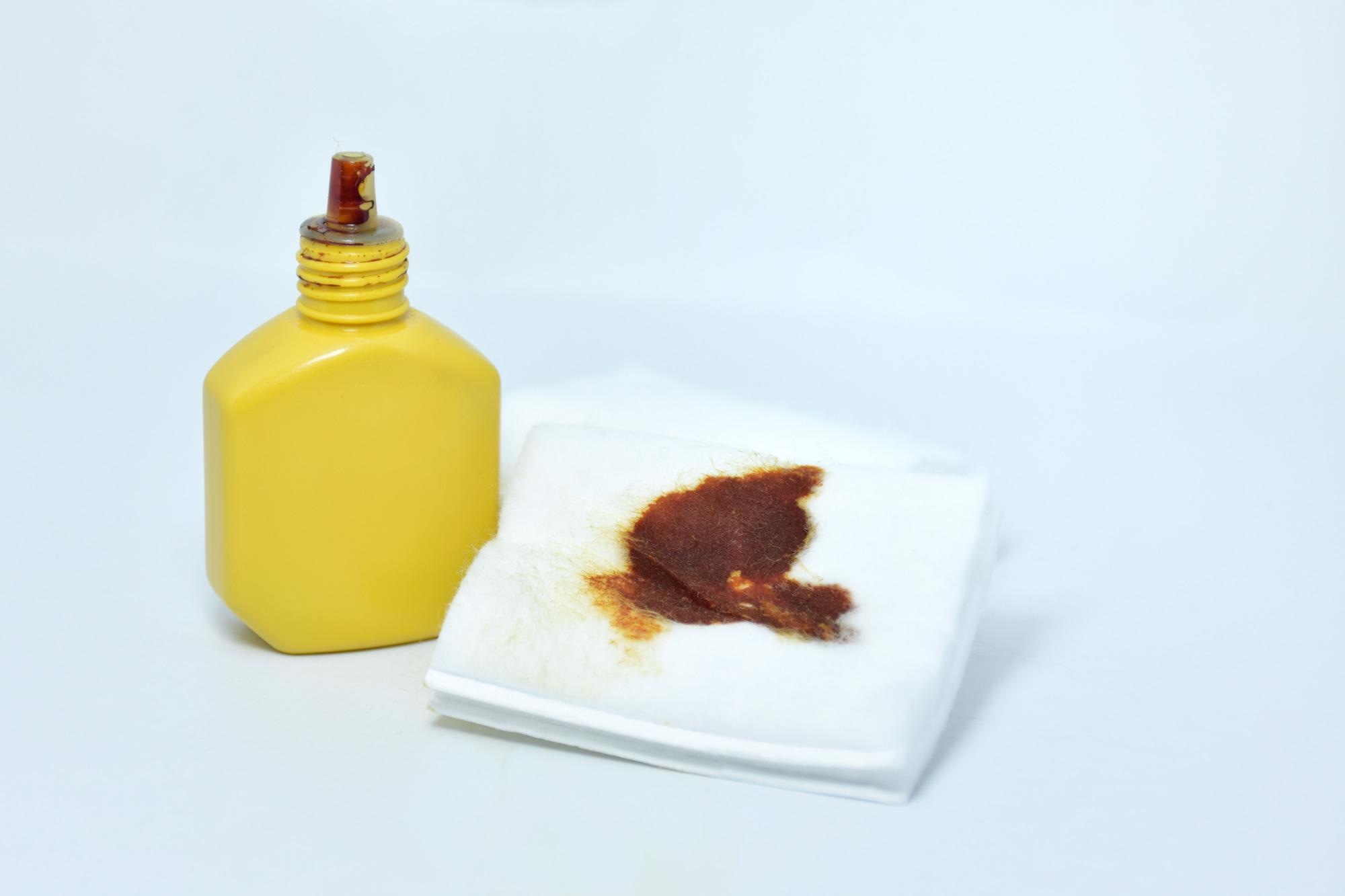Ever since the emergence and rapid spread of severe acute respiratory syndrome coronavirus (SARS-CoV) in southern China in 2002, scientists have considered coronaviruses to be a potential threat to humans.
Another member of the coronavirus family, namely, Middle East respiratory syndrome coronavirus (MERS-CoV), showed high transmission and mortality rate; however, it did not spread across the world.
In late December 2019, severe acute respiratory syndrome coronavirus-2 (SARS-CoV-2) was first reported in Wuhan, China, which, subsequently, caused the ongoing coronavirus disease 2019 pandemic, responsible for claiming more than 5.53 million lives worldwide to date.

Study: Acriflavine, a clinically approved drug, inhibits SARS-CoV-2 and other betacoronaviruses. Image Credit: Warah38 / Shutterstock
Background
Several COVID-19 vaccines have received emergency use authorization (EUA) from global regulatory bodies, and, subsequently, vaccination programs have commenced in the majority of the countries across the world. However, vaccinating the world’s population is not an easy task due to vaccination hesitancy and shortage in vaccine availability.
Additionally, the emergence of SARS-CoV-2 variants has posed a threat to vaccine effectiveness. Therefore, scientists have highlighted an urgent need for effective antivirals to protect individuals from SARS-CoV-2 infection.
Furthermore, as the development of a novel drug is a time-consuming process, repurposing existing drugs with known safety profiles offers an efficient option for COVID-19 treatment.
Researchers have proposed that a set of antivirals could be identified and used against SARS-CoV-2 in combination, similar to the combination treatment used for HIV-1.
Scientists have identified the genomic sequences of several structural and non-structural proteins of SARS-CoV-2. Among these, cysteine proteases, namely, Mpro (nsp5) and PLpro (nsp3) were found to be essential for the virus’s replication.
Even though many studies are available that have focused on identifying Mpro inhibitors, not much evidence is available regarding the identification of the PLpro inhibitor. However, previous studies have highlighted that PLpro is essential for viral protein maturation.
Additionally, this protease is involved with the attenuation of type I interferon response. These studies indicate that PLpro could be used as a potential therapeutic target.
A New Study
A new study, published in the journal Cell Chemical Biology, has reported the discovery of acriflavine (ACF), an effective inhibitor of SARS-CoV-2. This drug is a mixture of trypaflavines (3,6-diamino-10-methylacridinium chloride and 3,6-diamino-3-methylacridinium chloride) and proflavine (3,6-diaminoacridine). It has been utilized for the treatment of many diseases that include urinary tract infections, sleeping sickness, and gonorrhea.
ACF has been clinically tested against HIV and was also administered in doses up to 100 mg daily for several months to patients. Although the chemical structure of ACF indicated possible DNA intercalation and liver toxicity, no adverse effect was observed in the clinical study.
In some countries like Brazil, ACF is available as an over-the-counter medicine for urinary tract infections. In Japan, ACF is used as one of the components of mouthwash recommended for children. Several studies have shown that ACF could be used alone or in combination with other drugs, without any significant side effects.
The authors of this study revealed that ACF could inhibit SARS-CoV-2 PLpro and, thereby, it can be used as a potential COVID-19 therapeutic.
The structural characterization of ACF, using X-ray crystallography and NMR, revealed the mode of action of the drug. Scientists reported that this drug inhibits the active site of the enzyme with an exceptional binding mode. PLpro modulates the ISGylation pathway, which acts as a viral defense mechanism to inhibit normal protein translation. Importantly, inhibition of PLpro interferes with virus protein maturation as well as activates the host cellular defense mechanisms to fight COVID-19 infection.
In vitro experiments have also shown that ACF blocks SARS-CoV-2 infection. Additionally, infection was also found to be suppressed ex vivo in human airway epithelium (HAE) cultures and in the in vivo experiments using a mouse model. These studies showed that ACF possesses excellent pharmacokinetics upon oral delivery. The authors reported that ACF can inhibit PLpro at a low nanomolar range in all tested models. They further revealed that the activity of ACF exceeds GRL-0617.
Importantly, this study has shown the efficiency of ACF against betacoronaviruses, such as MERS-CoV and HCoV-OC43, that have the potential to develop pandemics. However, ACF was not found to be effective against other genera of the Coronaviridae family (alphacoronaviruses).
Conclusion
Some of the major benefits of using ACF to treat SARS-CoV-2 infection are its low cost and easy accessibility. ACF could inhibit PLpro of SARS-CoV-2 at a low-nanomolar IC50 and has shown good SI in all tested models.
The authors proposed that ACF could be used as a combination therapy along with remdesivir in inhibiting viral replication. This treatment could be immensely beneficial for the treatment of older adults infected with SARS-CoV-2.